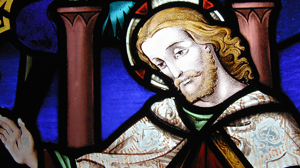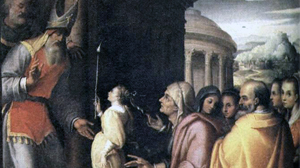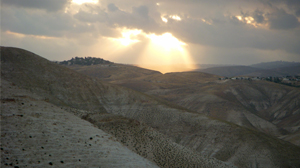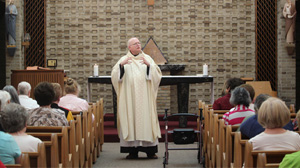Feast of Christ the King
Scripture: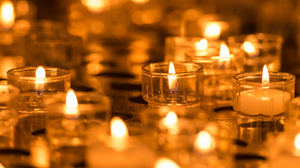
Ezekiel 34:11-12, 15-17
1 Corinthians 15:20-26, 28
Matthew 25:31-46
Reflection:
Today is the the last Sunday in the Liturgical Year. We start all again next week with the First Sunday of Advent. Today, though, we celebrate the Solemn Feast of Christ the King.
Monarchs are not all that familiar to us who live in the United States. We can read about the historic reign of Queen Elizabeth II, just last week celebrating 70 years of marriage to Prince Phillip. We may be real fans of the television series The Crown. The longest serving monarch died last year. The King of Thailand began his reign in 1950.
So how do we make sense of today’s feast? We do not live in an age where we rally around a king and vow allegiance. No, the call we need to listen for is not feudal allegiance but the call to join together to do something wonderful.
An authentic “king” is someone who inspires us to see what is possible in our lives and our world. This person does not demand our fealty but invites us on a mission, a journey. Today’s feast is the call to join Jesus in his mission:
“For I was hungry and you gave me food,
I was thirsty and you gave me drink,
a stranger and you welcomed me,
naked and you clothed me,
ill and you cared for me,
in prison and you visited me.”
Jesus does not point and say, do what I say. He says, come with me and together let us work to bring about a new world of peace, compassion and justice. That is an authentic king.
Robert Hotz is a consultant with American City Bureau, Inc. and was the Director of The Passion of Christ: The Love That Compels Campaign for Holy Cross Province.



